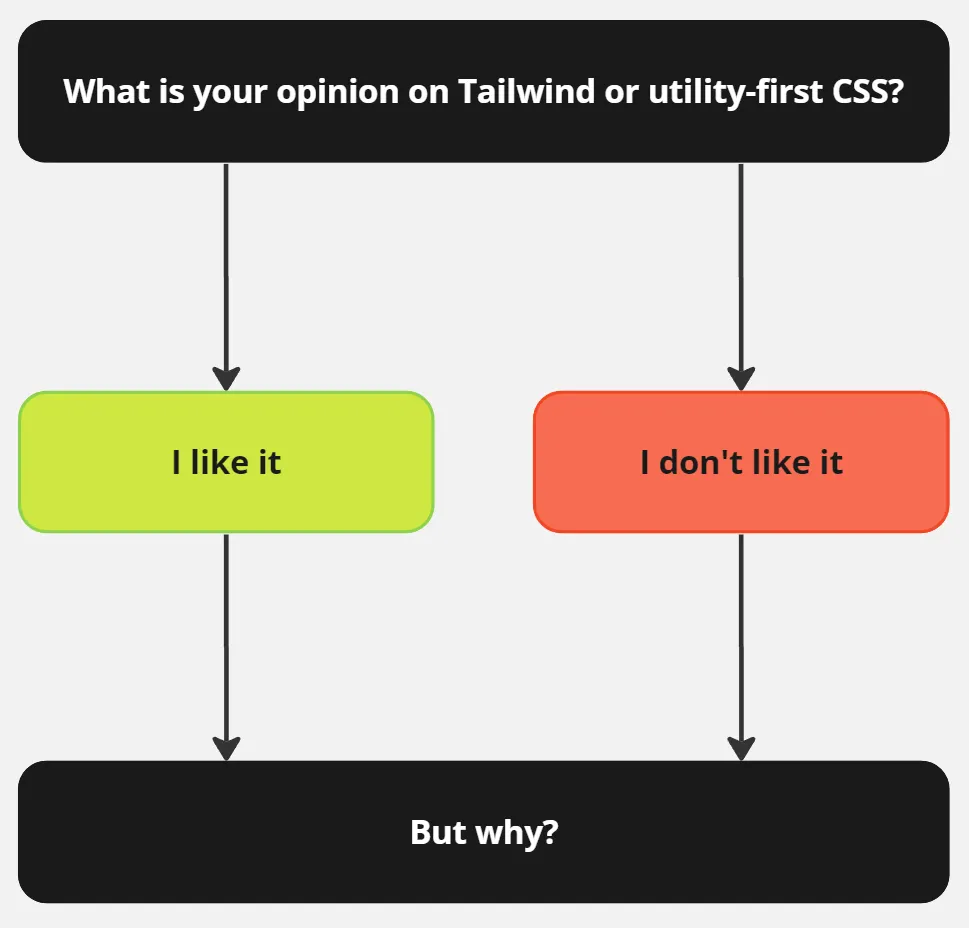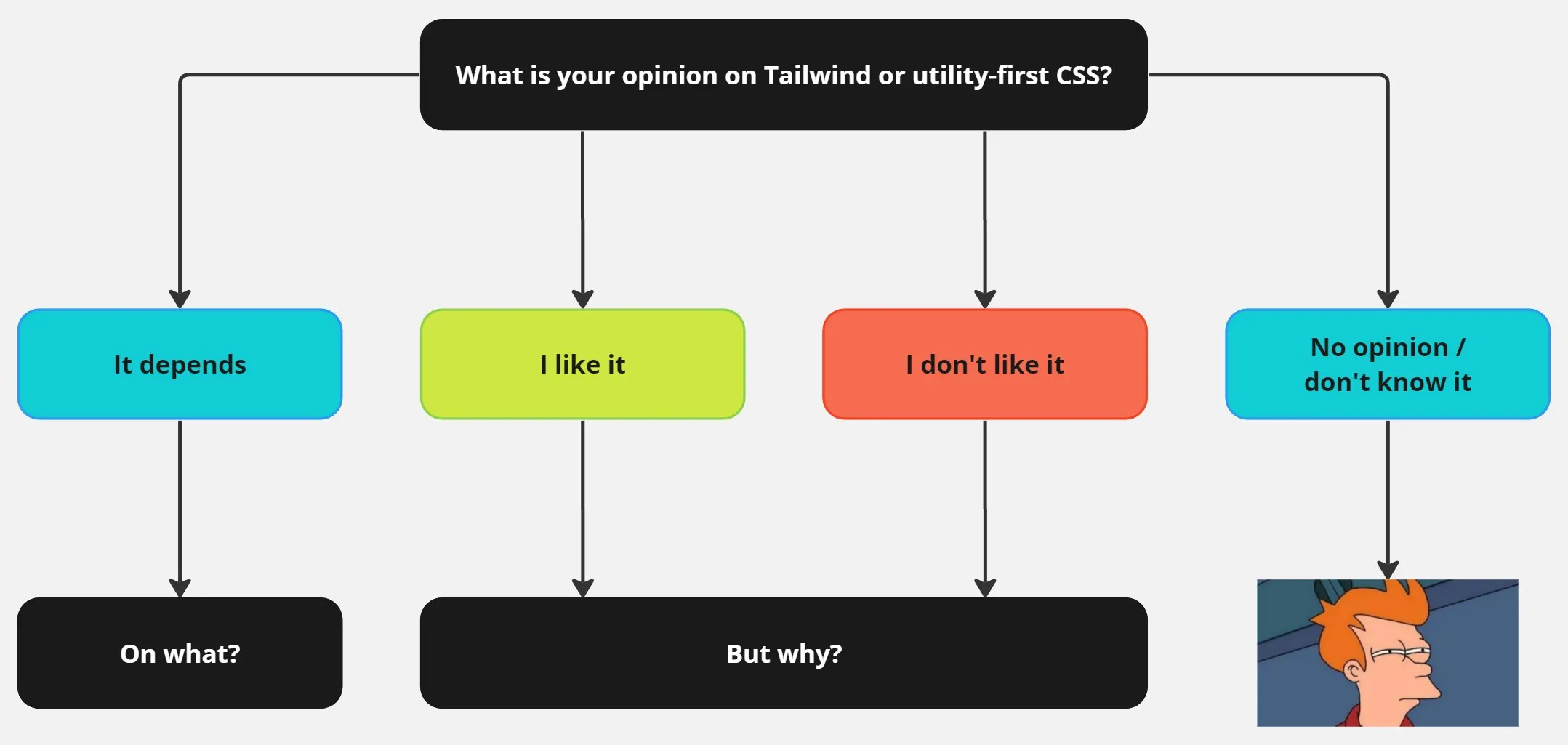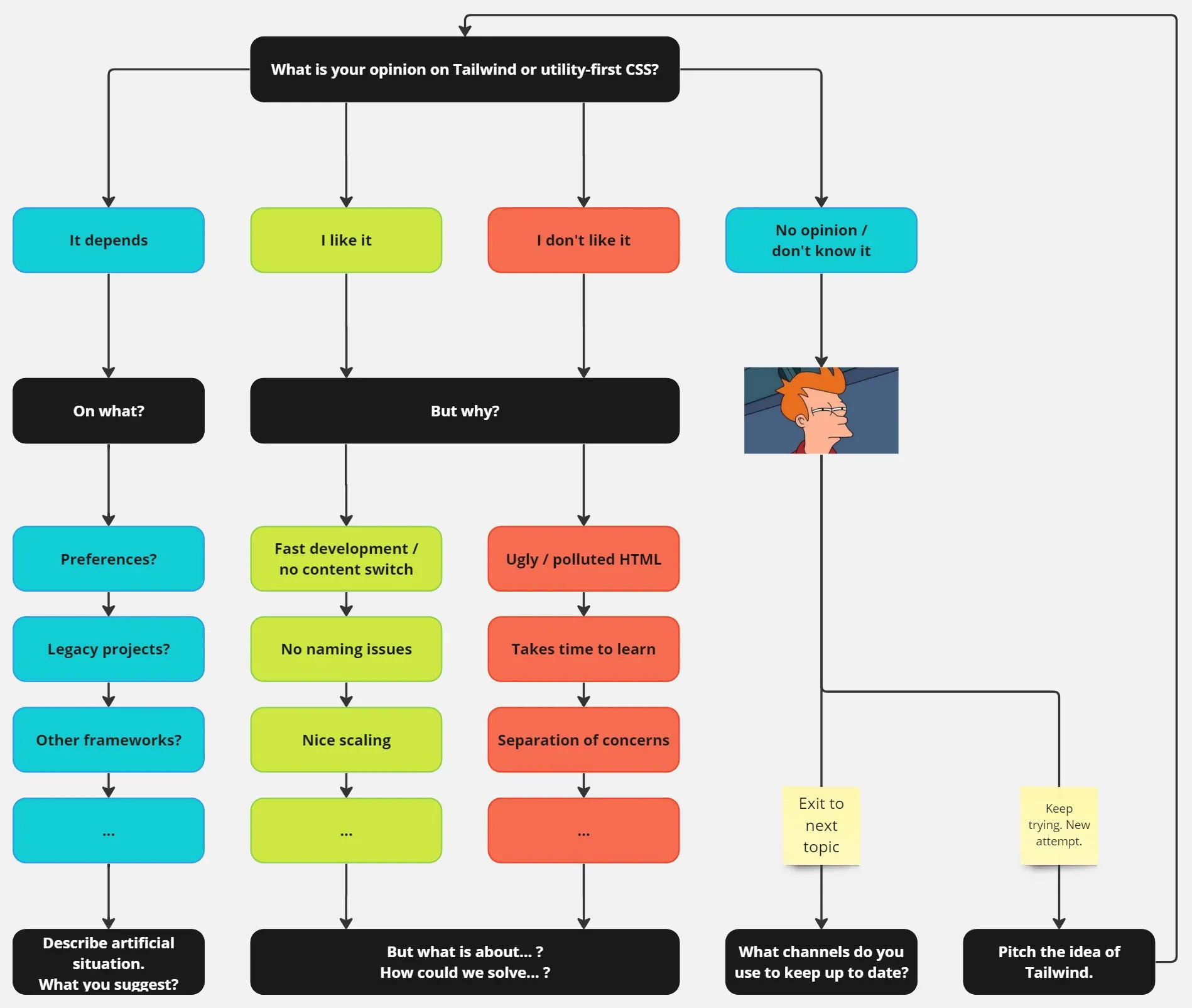Mastering the Art of Tech Interviews:
Beyond Right and Wrong Answers
Even as an interviewer, job interviews can give you the jitters. You’re in the hot seat to showcase the best side of your company and make sure that by the end of the chat, there’s a clear decision. And what’s the cherry on top? Aiming for a laid-back vibe where the conversation feels as natural as catching up with a friend. All this, while chatting with a stranger who might be even more nervous than you are. It’s quite the challenge, isn’t it?
The secret sauce? Plenty of practice and solid preparation. And speaking of preparation, let’s dive into one crucial part: crafting great questions.
Type of Questions
Many of you are likely aware that there are both open-ended and closed-ended questions. Closed-ended questions are often used to obtain quick, direct responses — think classic yes-or-no queries like, “Are you familiar with NodeJS?”. Here, you might receive a quick “yes” or “no” answer, without much frills or elaborate explanation.
On the other side, an open-ended question might be, “What can you tell me about NodeJS?” This approach provides a wider range of response options and encourages the individual to elaborate further.
I typically employ closed-ended questions to ascertain fundamental prerequisites: determining familiarity, prior application of certain concepts, or whether the person has read up on a topic, and so on. Following this, I often transition to an open-ended question, prompting the candidate to elaborate on a basic concept or delve into specific details of this topic
Q&A Simulation
Being optimally prepared involves not only crafting the question but also anticipating potential answers from the candidate, and planning our responses accordingly. This means simulating various conversation flows in advance.
For instance:
Question: “In your opinion, what are the advantages of NodeJS over PHP?”
Potential Answer: “I don’t see any advantages.”
Now, what? A dead-end? Simply moving on to the next question? This could lead to an awkward situation.
Instead, being prepared allows us to respond professionally. A suitable follow-up might be:
Our Response: “That’s interesting. Can you delve into why you feel that way or share your experiences with both technologies?”
Such preparation ensures the conversation continues fluidly and provides valuable insights into the candidate’s thought processes and experiences.
The Question
Let’s walk through a concrete example together. Consider how a question might be phrased, how a candidate might respond, and how we, in turn, could reply. This level of consideration is the least we should expect when crafting our own questions.
Let’s start with:

Here we have a simple, open-ended question. We’re asking the candidate for their opinion on a particular topic that’s currently controversial in frontend development. They don’t necessarily need to have experience with the subject; we just want to hear their viewpoint to better understand how they think.
It’s crucial to mention: Our personal opinion on a particular topic shouldn’t influence how we react to the candidate’s response. If we like the technology but they don’t, their answer isn’t wrong because of that. Instead, we’re more interested in their reasoning and their ability to discuss and evaluate technologies.

The most obvious answers would be:
- “I like it.”
- “I don’t like it.”
Ideally, the candidate would also explain why, saving you the follow-up question 😉. They should be able to justify their liking or disliking.

When we think about it more deeply, there are several other possible responses, given that it’s an open-ended question.
”It depends” — A much more seasoned response than a simple “I like it / I don’t like it”. The more senior the candidates you interview, the more often you’ll hear this. Every technology or framework has its trade-offs; nothing is the holy grail, and it’s rare that something is utterly useless.
I believe this response is the most intriguing and offers a fantastic transition into an even more open discussion. Follow up immediately, asking what it depends on.
”I don’t know it” — We appreciate honest answers. However, it raises questions if a candidate hasn’t heard about a highly debated and hyped topic in their field.
We can either briefly explain the concept to them and brainstorm together on whether it’s a good idea or not, or we can use this as a good chance to introduce a new topic: “Which sources do you use to keep yourself updated as a developer?”

And another layer of questions:
- After the candidate has explained what it really depends on, present them with a hypothetical scenario, perhaps even something real from the company. “What would you recommend in this situation?” Place them in the role of a consultant or decision-maker. What would they do?
- The candidate has explained why they like something or perhaps why they don’t. Present counterarguments and engage in a discussion. How can the negatives be mitigated? Or do they have alternative suggestions to achieve the positive aspects in another way?
This structure and preparation can be expanded several levels. It’s up to you to determine how in-depth you’d like to go, or perhaps how much is necessary for you to feel confident and prepared.
It might also be helpful to just do this with a handful of questions. You’ll quickly realize that the process often plays out similarly. Replace the question about Tailwind with something else, and the structure and potential pathways are very similar. In the end, you just need to be prepared for a discussion, familiar with the pros and cons, and understand them.
Checklist
Let’s summarize what we’ve learned and what we’ll implement for our next interview:
- We aim to generate a natural conversation flow using open-ended questions.
- We prepare some questions in advance. Ideally, we have a set of questions we can always ask.
- We delve deeper into the questions and don’t settle for the first answer. We know how to follow-up.
- Our focus isn’t just on right or wrong answers but on understanding how the candidate thinks and works.
- As interviewers, we’re the facilitators of the meeting. Being well-prepared is our responsibility.
Closing Remarks
Preparing for interviews goes beyond showing mutual respect; it’s a pathway to exude confidence and professionalism.
While the initial effort might seem daunting, with experience, the process becomes second nature. Over time, you curate a versatile set of questions, mastering the art of inquiry and response.
A prepared and thoughtful interviewer not only elevates the hiring process but also plays a pivotal role in ensuring the selection of top-tier future colleagues.